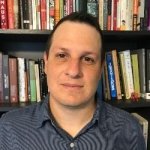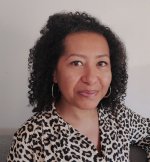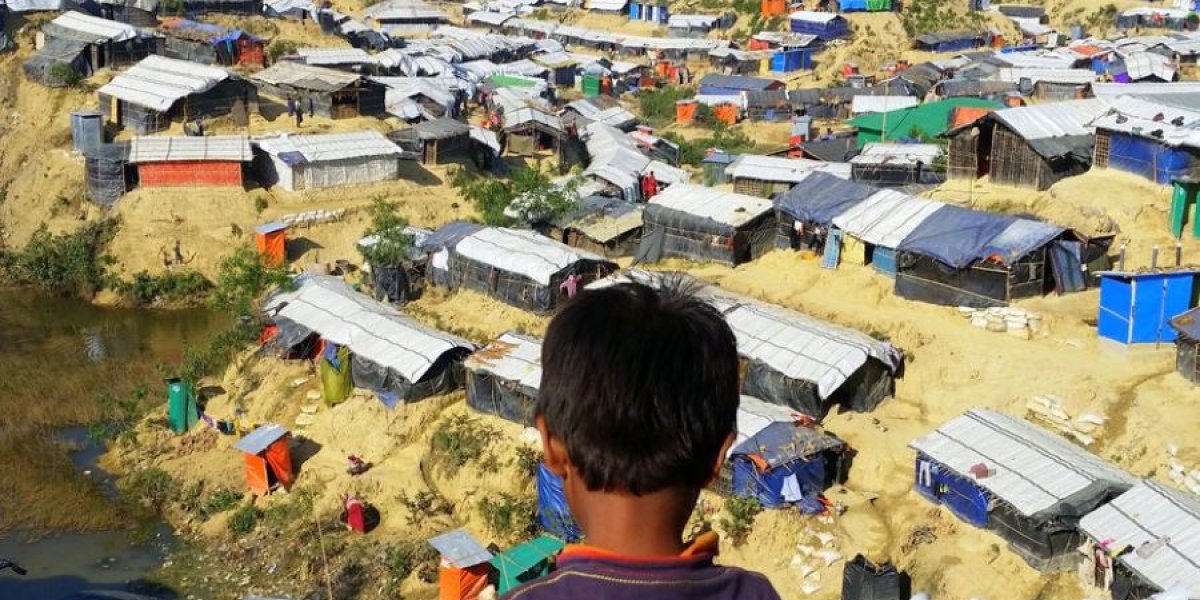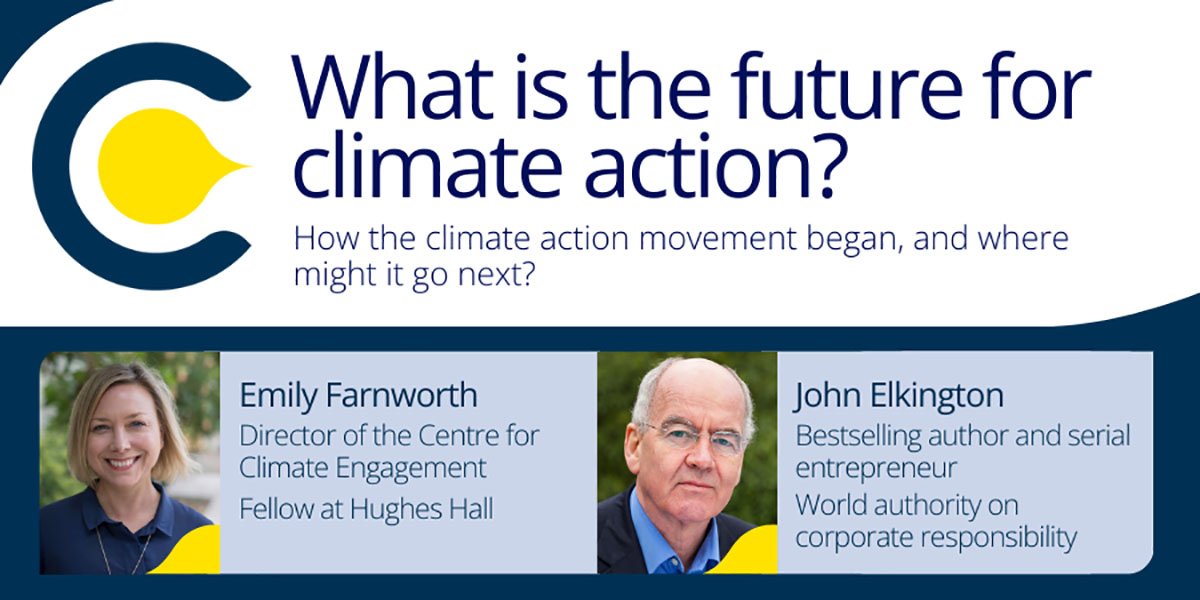Why we need to understand the Global South in order to solve the big global issues of today
Why we need to understand the Global South in order to solve the big global issues of today
The panellists will discuss the history of labour movements, from the slave trade to indentureship to refugees from conflict. They will also explore the challenges and opportunities facing migrant and seasonal labour today. This is a timely and important discussion, as the world's population becomes increasingly mobile. Our expert panellists will discuss how our food systems are interconnected with the natural world, and how we can create more sustainable and equitable food economies.
The discussion will also focus on the importance of working with global partners on shared questions to highlight the role of the Global South in our understanding of the Global North. The panel will explore the ways in which working with partners can help us to better understand the challenges and opportunities facing both regions.
Speakers
Dr Adrián Lerner Patrón

Adrián Lerner Patrón is a historian. He obtained his BA and Licenciatura from the Pontificia Universidad Católica del Perú, and his MA, MPhil, and PhD from Yale University, where was also part of the first cohort of the Mellon Interdisciplinary Concentration in the Humanities, centred on “The technologies of Knowledge”.
He is currently a Philomathia Fellow in the Consortium for the Global South at the University of Cambridge, with a focus on “Ecologies in Place,” and a lecturer and research associate in Global History at the Free University of Berlin (on leave).
Before moving to Europe, he was the Princeton-Mellon Fellow in Urbanism and the Environment at Princeton University and a researcher at the Instituto de Estudios Peruanos. His research and teaching deal with environmental, social, and political issues in Latin America and from a global perspective.
He is finishing a book about the urbanization of the Amazon rainforest, titled 'Jungle Cities'.
Jenni Skinner

Jenni Skinner is the Library Manager of the African Studies Library, and spent the formative years of her career in librarianship at the Social & Political Sciences Library (2002-2015), University of Cambridge.
The African Studies Library supports the research and teaching needs of the University’s Undergraduate and Postgraduate study of Africa, whilst being recognised as a modern Special Collection as part of the newly formed World Collections Department at Cambridge University Library. Jenni works closely with the Centre of African Studies to promote research from and on Africa, with the Centre and Library acting as a community hub for students, researchers, and the public who have connections to, and an interest in Africa and her diaspora.
Jenni is a founding member of the Decolonising through Critical Librarianship group, a representative on the Cambridge University Libraries Decolonisation Working Group, an advisor on the Black Student Advisory Hub Steering Group and the African Collections Futures Advisory Group, and is the new Chair of SCOLMA.
Professor Shailaja Fennell (Jesus 1990)

Shailaja Fennell is Professor of Regional Transformation and Economic Security (Grade 11), at the Department of Land Economy, Director of the Centre of South Asian Studies and a Fellow of Jesus College,
Professor Fennell has been researching the linkages between rural development, environmental, and educational strategies across the regions of sub-Saharan Africa, South and Southeast Asia and Central Asia since 2004. She has specialised in the fields of regional transformation, food security and land use, axes of inequality and inclusion, and the provision of public goods.
She has been the lead academic on commissioning and collating the first ASEAN Development Report on Inclusion and Sustainability, bringing together over 70 international scholars to produce this flagship report for the ASEAN Secretariat.
Shailaja is currently a co-investigator on the NERC funded Changing the Environment Programme, and which focuses on Land Regeneration in the UK. She is the PI on British Council funded Climate Connections programme, that brings scholars from the Global South to the UK to create-co-learning opportunities on mapping climate change thorough inter-disciplinary research and working with community perspectives.
She was previously co-I on TIGR2ESS, a research programme that explored how to improve crop productivity and water use, identify appropriate crops and farming practices for sustainable rural development, with funding from the Global Challenges Fund of RCUK (2017-2022). She was also a co-I on MillNeti, a sister research programme (2019-2021) that focussed on how to improve iron nutrition status of people living in Ethiopia and The Gambia by assessing the bioavailability of iron from biofortified millet. Her work package focused on the use quantitative and qualitative surveys to understand how millets are currently grown, processed, cooked, and consumed in focus villages in The Gambia and Ethiopia.
Booking information
In-person lectures at the Sidgwick Site as part of Alumni Festival cost £15 per person.
Booking for this event is now closed.

